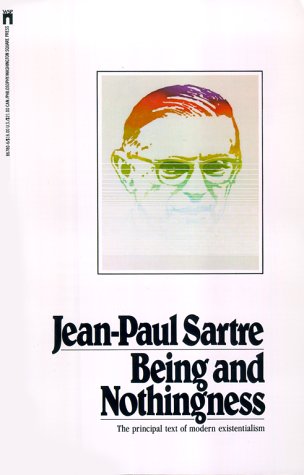By Thomas H. Maugh II, Los Angeles Times
September 7, 2010
Highlights: "The research was a pilot study involving only 12 patients, but it is viewed as a first step in restoring the drug to respectability."
"This is a landmark study in many ways," said Dr. Stephen Ross, clinical director of the Center of Excellence on Addiction at New York University's Langone Medical Center, who was not involved in the research. "This is the first time a paper like this has come out in a prestigious psychiatric journal in 40 years.
"Subjects were given the drugs in a hospital research unit and were then closely monitored for six hours. They were encouraged to lie in bed, wear eyeshades and listen to music during the sessions."
"The patients were given a relatively low dose of psilocybin, 0.2 milligram per kilogram of body weight. Nonetheless, the team reported in the Archives of General Psychiatry, all patients reported a significant improvement in mood for at least two weeks after the psilocybin treatment and up to a six-month improvement on a scale that measures depression and anxiety. Most also reported a decreased need for narcotic pain relievers. No adverse reactions were observed."
"These types of patients normally do not respond well to psychological therapy, Grob said, but his study showed that the drug has "great promise for alleviating anxiety and other psychiatric symptoms."
"
http://www.latimes.com/news/science/la-sci-magic-mushrooms-20100907,0,4230087.story?track=rss












